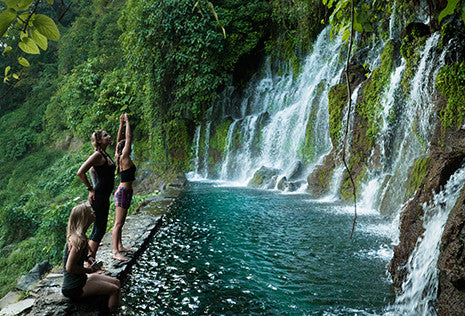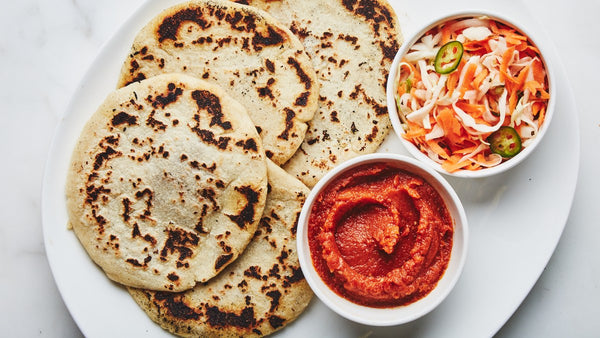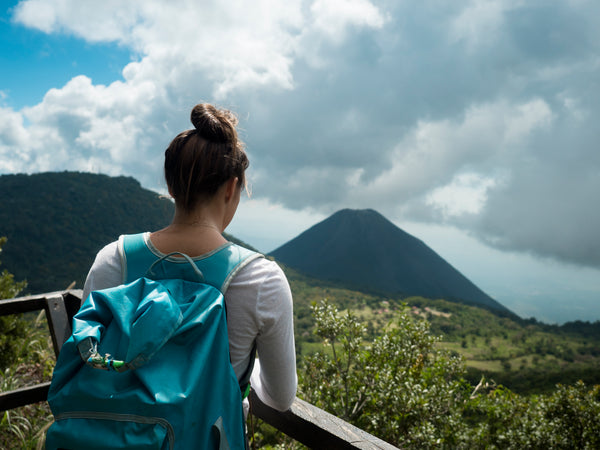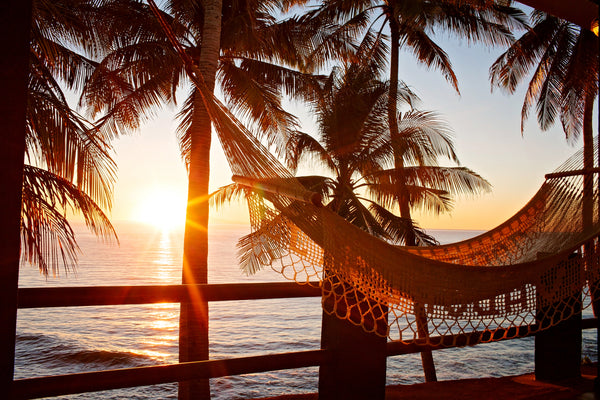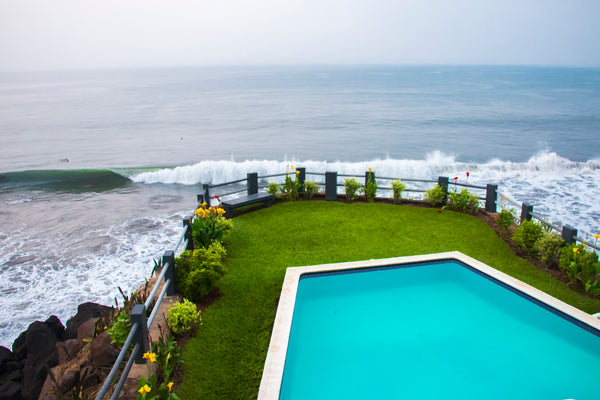El Salvador is a small Central American country chock full of vibrance and culture. Whether you're thinking about traveling to El Salvador, have already planned a visit, or simply want to learn about the country, read on for helpful history, information, cultural facts, and tips.
History and Originations
The first human inhabitants of El Salvador began with indigenous mesoamerican nations, including ancient Mayan stargazers, Cuzclatecs, and Lenca. Ancient Mayan ruins can be found today spanning across country, like the ones at the archaeological site of Tazumal, slightly West of Santa Ana.
The Spanish conquest of 1524 assumed control over land previously held by central El Salvador Pipil tribes, who came centuries after the Mayans. The territory soon after was the given the name of El Salvador, the literal term for savior (referring to Jesus Christ) by the area's first appointed governor. Hundreds of years later in 1838, during revolts from areas across the world in response to Napoleon's occupation of Spain, El Salvador became an Independent Republic.
Lets Talk About Food
The pupusa, a thick maize (corn) or rice flour tortilla stuffed with various accoutrements, is the most noteworthy food in the country. Dating back to early civilizations (there is evidence of pupusas being used in Mayan fare), pupusas use simple ingredients, are relatively inexpensive, and contribute greatly to the Salvadorian economy. Pupusas can be made in extensive variations, and the filling, delectable morsels are sure to have you saying “siesta” before your meal is over. Just like in most culture, food plays a huge part in Salvadorian culture.
Among other popular dishes are Yuca Fritas (a deep - fried cassava root) and Pannes Rellenos - hot sandwiches stuffed with turkey or chicken and accompanied by tomato, cucumber, and a variety of other vegetables and gravies.
Geography, Landmarks, Wildlife and Climate
El Salvador is predominantly know as the land of volcanoes. 22 volcanoes inhabit the tiny country, 5 still being active.
El Salvador is the only country in Central America to not touch the Caribbean coast, and hosts 5 national parks - El Imposible, Cerro Verde, El Boqueron, Conchagua, and Montecristo. Many caves of archaeological importance can be found in El Salvador, containing petroglyphs drawn by indigenous peoples featuring people, birds, and different colors. The Chorros Del Calera, an amalgamate of waterfalls flowing down nearly vertical cliffs, are just a hike away.
El Salvador is a tropical zone, and rain is common here in the wet season. There are only 2 recognized seasons in El Salvador - Summer and Winter - Winter being the wet, rainy season. It hosts a warm climate year - round, with highs hovering in the 90's, and lows slipping into the low 60's in higher elevation, cooler zones.
The fertile ground host mangroves trees, dogwood, mahogany, and cedar, to name a few. Different types of monkey, tapir, jaguar, alligators, armadillos, and both venomous and non - venomous snakes roam the country. The national bird is the Torogoz, characterized by bright, long feathers, tail - wagging, and slight fearlessness of humans.
Currency, Exports, and Education
Indigo was El Salvador's main export and sustained much of the European textile industry until the mid 1800's, when artificial dyes were developed and overtook the market. Just years after, coffee became El Salvador's primary source of income, and now provides half of El Salvador's export revenue. in recent times manufacturing has elevated in playing a key role, diversifying El Salvador's global market. Furthermore, tourism is making a dent in providing ample benefits to El Salvador's economy.
El Salvador produces a vast amount of hammocks, and as well as being a big export, are a large part of Salvadorian culture, used commonly for afternoon naps. Hammocks can be seen in nearly every class of home.
In 2001, the currency moved from the colon to the US dollar in hopes to bolster economic improvements from the recent civil war.
Education in El Salvador is free until 9th grade, and is mandatory from age 7 to age 15. There are 2 areas of secondary education that provide tools for University level studies, the first lasting 2 years, and the second, with more specialized courses, 3 years.
Language and Religion
El Salvador is a Spanish - speaking country, using "voseo" akin to Argentinians and Uruguayans - vos as the second person pronoun instead of tu. The Pipil language of Nahuatal can be found spoken in some areas, but is not common practice. Only a few thousand native Salvadorians are thought to retain it currently, however some remnants of Nahuatal are preserved permanently in the current language.
Roman Catholicism makes up 50 percent of the practiced religion of El Salvador, with Christianity following behind around 40 percent.
Sports
Soccer is the country's cardinal sport, with their main stadium boasting a 45,000 seat capacity. Other poplar sports include beach soccer, basketball, and boxing, with surfing gaining popularity and attracting much tourism.
If you're headed to El Salvador, make sure to try the pupusas, see a few of the many volcanoes and waterfalls, and give surfing a try - you'll be glad you did! Leave a comment, contact us with a question, or let us know what you'd like to see more of about El Salvador!


